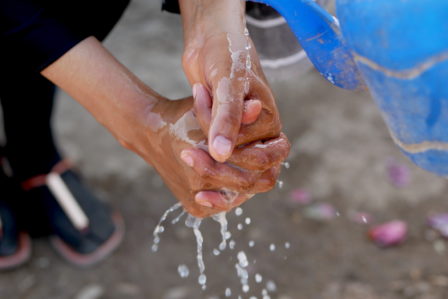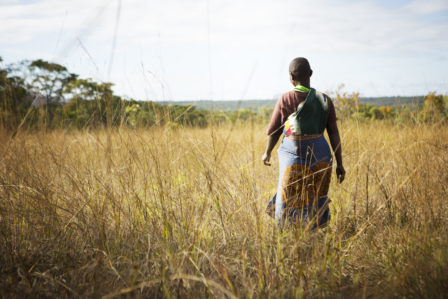We are pleased to announce that, in partnership with the Government of Meghalaya, over the next 18 months we will be working on a series of strategic engagement events between the state and district governments (including block and village level actors), rights holder organisations and development partners in Meghalaya, India.
The aim of these events is to facilitate meaningful participation, discussion, deliberation, and action planning between relevant actors to strengthen gender equality and social inclusion (GESI) within the government’s existing Swachh Bharat Abhiyan area-wide sanitation programme.
Through these events, participants will be facilitated to identify disadvantaged groups and challenging contexts in their given jurisdiction and to identify adaptations and actions which can be integrated into existing approaches and processes to strengthen GESI.
Between the workshops, participating districts will test the feasibility and potential of these adaptations, reporting on progress in subsequent events, and developing interventions further.
This work is funded by USAID (WASHPaLS #2) and builds on our work on Rapid Action Learning in India, Gender, Equality and Social Inclusion as well as our workstream on area-wide sanitation.
This is part of our transition from core funding to a portfolio of learning partner projects. If you are interested in working with us as a learning partner, you can find more information here, or contact Naomi Vernon on [email protected].







